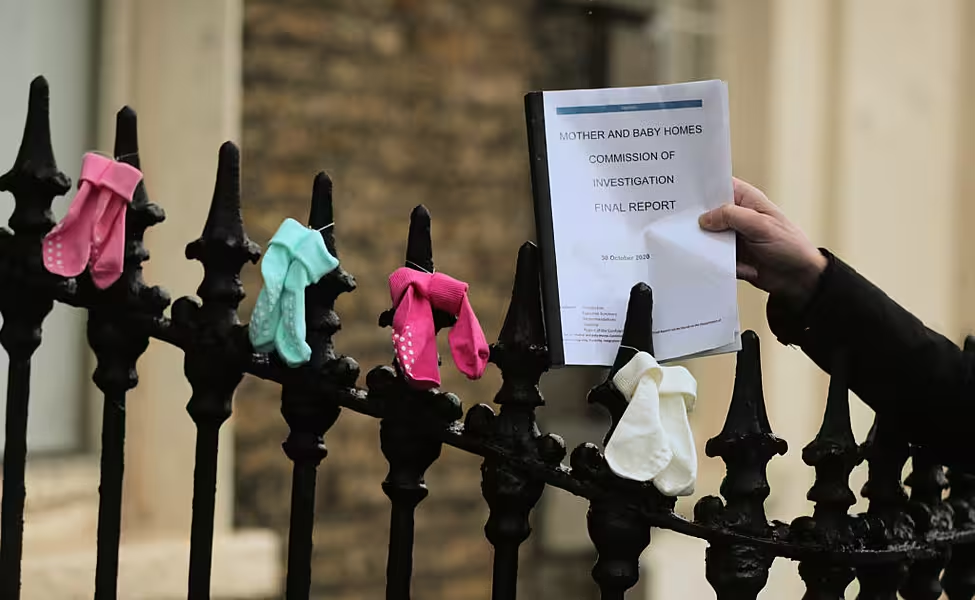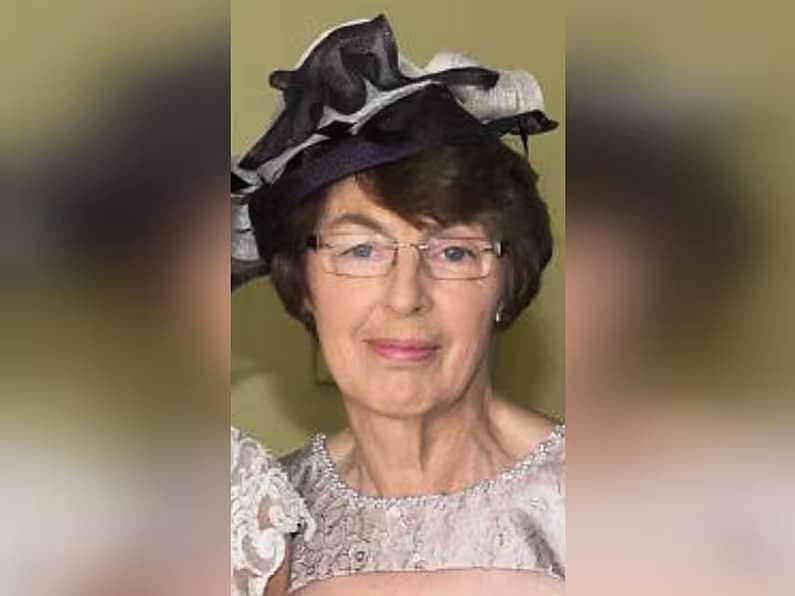
A woman has challenged the final report of the Commission of Investigation into Mother and Baby Homes on grounds including it should have identified her as a Protestant to properly convey her experience in two homes.
The challenge is the seventh to be taken over the Commission’s report, published last January.
The woman, who by court order cannot be identified, gave birth to a child in one home in the 1980s and lived in another home for a time.
She claims she is readily identifiable from the report and, as such, should have had the opportunity to make submissions concerning content related to her before the report was finalised.
She alleges the final report fails to accurately convey her evidence, most particularly in not identifying her as a Protestant. Her Protestant identity is central to her testimony and to an accurate understanding of her experience in two homes in the 1980s, she says.
True nature of pressure
The report wrongly stated she was 19, rather than 18, when she became pregnant, and incorrectly stated her father brought a parish priest in to talk to her when he had rather brought in a Church of Ireland Canon to do so, she claims. The report, she also claims, failed to reflect the true nature of pressure exerted upon her to have her child adopted.
Mr Justice Garrett Simons, who is case managing all cases over the report, granted leave on Monday to bring the judicial review proceedings.
The judge told Céile Varley BL, instructed by KOD Lyons solicitors, he would grant leave for judicial review on all grounds except for a claim for damages based on alleged misfeasance in public office.
Having questioned whether there was any basis for such a serious claim, he directed the grounds for judicial review be amended to remove that claim, with the effect the damages claim over failure to provide a draft report to the woman for comment will be confined to one for damages for alleged breach of statutory duty and constitutional rights.
Draft report
In her action, the woman her evidence to the Commission’s confidential committee is contained in that committee’s report which was in turn incorporated in the Commission’s final report.
She says section 34 of the Commission of Investigation Act 2004 required the Commission to send its draft report to any person identified in, or identifiable from, that report before issuing its final report.
She claims she is such a person and the failure to provide her with the draft report, so that she could make submissions on it concerning the treatment of her testimony, breaches her rights.
Identity
She claims the overall framing of her testimony is misleading and fails to record her Protestant identity and the true extent of her experiences in the homes.
She claims breaches of her rights to fair procedures, dignity, respect for her religion, protection of her good name. She also claims violation of her right to an effective remedy over alleged failure to provide a fair and accurate report of her experience.
Other claims include that the dissolution of the Commission does not prevent the Minister for children defending the case. If that dissolution does deprive her of an opportunity to challenge the Commission’s alleged failure, that is contrary to her rights of access to the courts and to an effective remedy, it is claimed.
The case, against the Minister for Children, the Government, Ireland and the Attorney General, will return before the court for further directions next month.












